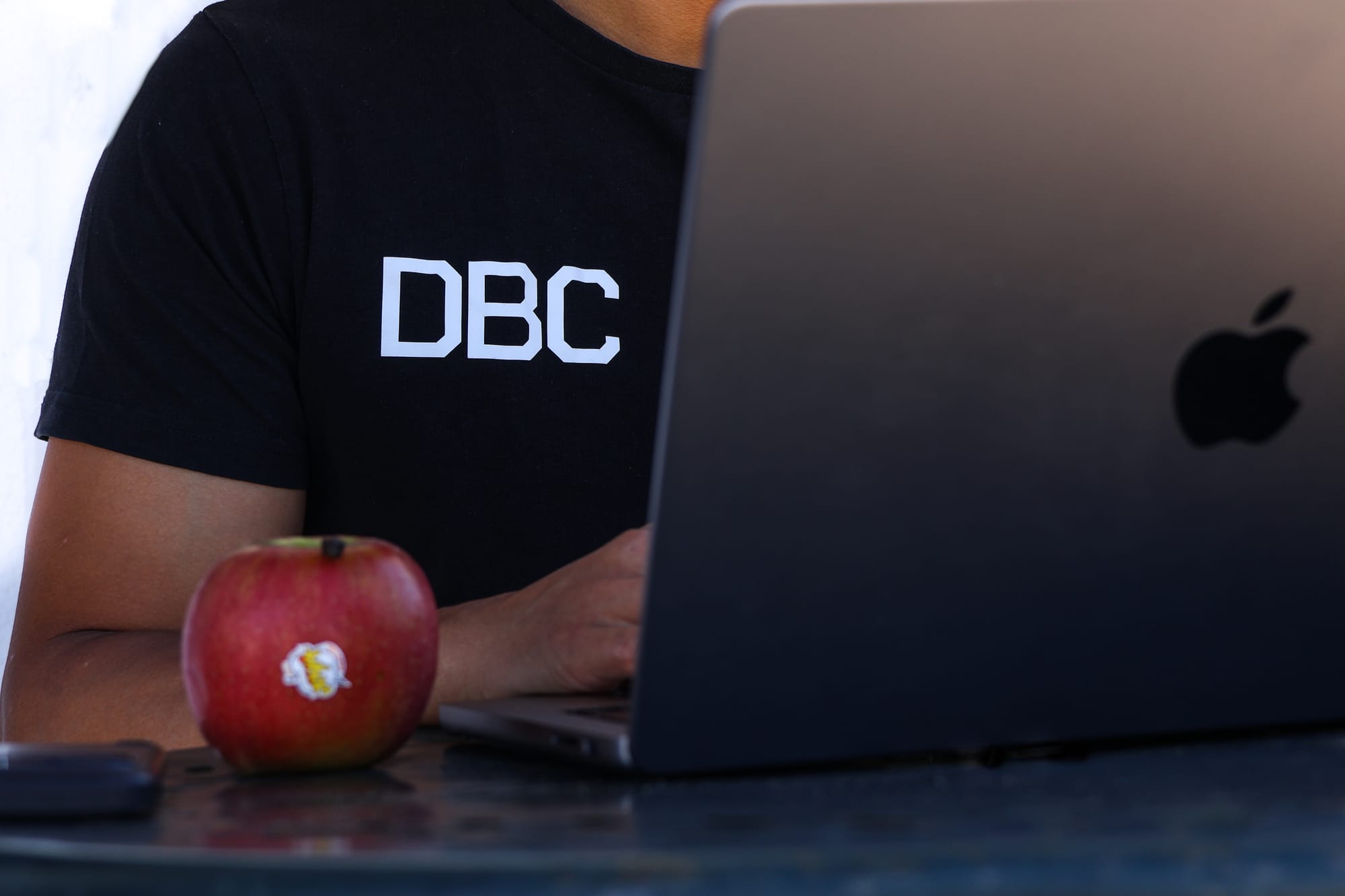Fueling Your Hustle: Nutrition Strategies for High-Energy Days

One of the main benefits of a balanced diet is that it provides the body with energy needed to perform - physically and mentally.
Most of us underestimate this - we can’t expect a good output without poor inputs. And this becomes even more apparent on highly demanding days.
Let’s dive into some nutrition tips to keep you performing your best throughout your day.
Balanced diet
Macronutrients - protein, carbohydrates and fats - are natural energy boosters.
Protein has 4 calories per gram - ideally, we won’t use it as an energy source, but it’s fundamental to muscle growth, hormone regulation and lots of other functions that are directly connected to performance - in a perfect world, aim to consume protein-rich foods every 2-3h.
Carbohydrates also have 4 calories per gram. They release energy more slowly and steadily, keeping your energy level constant. These carbs also help you feel fuller for longer. Keep your carb intake steady, focusing on healthy ones – slow-digesting whole grains - and stay away from not-so-healthy carbs: sweetened beverages, candy, cookies, as they will have the opposite effect - giving you a quick spike, followed by an energy crash.
Fats have 9 calories per gram. They’re crucial for hormone production and vitamin absorption. In a healthy and balanced energy diet, we should limit saturated fats (butter, some meats) and trans fats (processed foods). Instead, we should choose mono and poly-unsaturated fats, which we can get from sources like olive, canola, nut oils.
Regular meals: small and frequent
Don’t skip meals! When keeping our energy high it’s better to eat three good sized meals plus snacks every few hours, so we keep fueling our brain, which has very few energy reserves of its own and needs a steady supply of nutrients.
Also, pay attention to the portions. The point of eating more meals is to decrease the amount of food in each meal. It has been observed that the circadian rhythms of people who eat a lot at lunch typically show a more pronounced afternoon slump that can occur due to the increase in blood sugar after eating.
Hydration
Don’t overlook fluids. Water is the main component of blood and is essential to carry nutrients to the cells and take away waste products.If we’re short on fluids, one of the first symptoms is feeling fatigue.
Drink at least 35 ml per kilogram of weight. This means that if you weight 70 Kg, you should aim to consume 35 * 70 = 2450 mL per day (roughly 2,5L)..If you exercise, drink even more, to compensate for the losses you have.
Use the strategies that work best for you: keep a bottle close to you, put an alarm on your phone, whatever helps! We have created an article to help you select the best approach for you. Make sure to check it out here!
Limit alcohol
One of the best ways to keep your energy high is to avoid the sedative effects alcohol gives you.
If you need to keep hustling after lunch, it’s probably not a good idea to have a glass of wine during that meal. Keep that drink for a moment when you don’t need so much energy - stay within the limits of moderation, of course 😉.
Conclusion
In sum, focusing on macronutrients, regular meals, hydration and limiting alcohol will help you get through highly demanding days.
If it’s important to you to perform your best, understand that you need to give your body the right inputs to get the desired output.
Let’s have a chat and see how you can start improving your performance today, while improving your physique.



